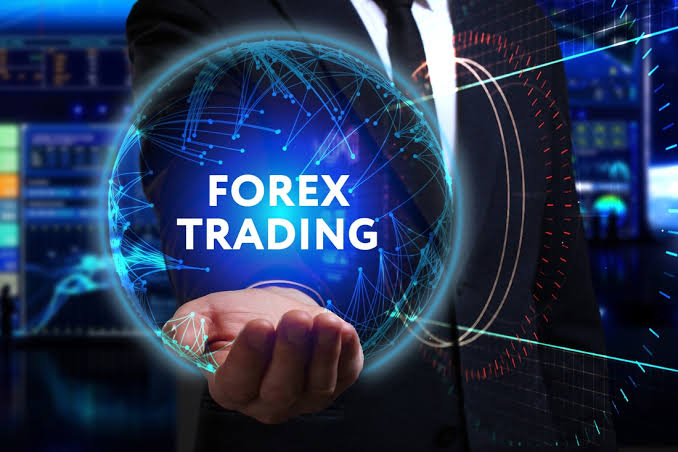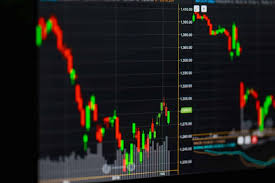
The Dynamics of Forex Market Trading: Strategies and Tools for Success
The forex market, or foreign exchange market, is a decentralized global marketplace for trading national currencies against one another. It is the largest and most liquid financial market in the world, with a daily trading volume exceeding $6 trillion. For those looking to participate in this dynamic environment, understanding the fundamentals, strategies, and tools available is crucial. A reliable forex market trading MT4 Forex Brokers can be the stepping stone for your trading journey. In this article, we will explore key concepts and methodologies that can help you navigate forex trading effectively.
Understanding Forex Market Structure
The forex market operates 24 hours a day, five days a week, and consists of three main trading sessions: the Asian, European, and North American sessions. This structure is vital for traders, as it influences market activity and currency volatility at different times of the day. Each session has its own characteristics, with specific currency pairs becoming more active during particular hours. For example, the overlap between the European and North American sessions often leads to increased volatility and trading opportunities.
Key Players in the Forex Market
The forex market comprises various participants, including central banks, commercial banks, financial institutions, hedge funds, corporations, and individual retail traders. Each of these players has different motivations for trading. Central banks may intervene in the market to stabilize their national currency, while retail traders generally look for speculatory gains. Professional traders and institutions often use complex strategies and tools to gain an edge, while beginner traders might focus on basic analysis and trend-following techniques.
Forex Trading Strategies
Successful trading in the forex market often relies on employing a well-thought-out strategy. Here are some popular trading strategies:
- Scalping: This strategy involves making numerous trades throughout the day, aiming to profit from small price movements. Scalpers utilize short time frames and require a strong understanding of market dynamics.
- Day Trading: Day traders open and close positions within a single trading day, avoiding overnight market risks. They rely heavily on technical analysis and price action to make quick decisions.
- Swing Trading: Swing traders hold positions for several days to take advantage of expected price swings or trends. This approach requires more patience and a solid grasp of both technical and fundamental analysis.
- Position Trading: This longer-term strategy involves holding a position for weeks, months, or even years, based on fundamental trends. Position traders often analyze economic indicators and geopolitical events that impact currency values.
Technical Analysis in Forex Trading
Technical analysis is a method of forecasting future price movements based on historical price patterns and indicators. Traders use various tools to analyze currency price movements, including:
- Charts: Line charts, bar charts, and candlestick charts provide visual representations of price movements over time.
- Indicators: Analytical tools such as Moving Averages, Relative Strength Index (RSI), and Bollinger Bands help traders identify trends and potential entry and exit points.
- Support and Resistance Levels: Identifying key support and resistance levels enables traders to make informed decisions about potential price reversals or breakouts.

Fundamental Analysis in Forex Trading
While technical analysis focuses on price, fundamental analysis emphasizes economic factors that influence currency values. Traders should be aware of:
- Economic Indicators: Reports such as GDP, employment figures, and inflation rates significantly affect currency valuation.
- Central Bank Policies: The monetary policies set by central banks, including interest rate changes and quantitative easing measures, play a crucial role in determining currency strength.
- Geopolitical Events: Political stability, trade relations, and global events can impact investor sentiment and cause currency fluctuations.
Risk Management in Forex Trading
Effective risk management is essential for any trader, as the forex market can be highly volatile. Here are key practices to mitigate risk:
- Use Stop-Loss Orders: A stop-loss order limits potential losses by automatically closing a position when the price reaches a predetermined level.
- Position Sizing: Determine the appropriate amount to invest in each trade based on your overall trading capital and risk tolerance.
- Diversification: Avoid putting all capital into a single currency pair. Spreading investments across multiple pairs can help manage risk.
- Regularly Review and Adjust: Continually evaluate your trading strategy and performance to make necessary adjustments and improvements.
Choosing the Right Forex Broker
The choice of a forex broker can significantly affect your trading experience. Look for brokers that offer:
- Regulation: Ensure the broker is regulated by a recognized authority, providing security and transparency.
- Trading Platforms: Choose a broker that offers a user-friendly trading platform, such as MetaTrader 4 (MT4) or MetaTrader 5 (MT5).
- Low Spreads and Fees: Competitive spreads and minimal trading fees can enhance profitability, especially for frequent traders.
- Customer Support: Reliable customer service is essential for addressing technical issues or trading queries.
Conclusion
The forex market presents vast opportunities for traders willing to invest time in understanding its complexities. By employing effective strategies, utilizing technical and fundamental analysis, and practicing sound risk management, traders can enhance their chances of success. Additionally, choosing a trusted forex broker plays a pivotal role in one’s trading journey. Whether you are a novice or an experienced trader, continuous education and adaptation are keys to navigating the ever-evolving landscape of forex trading effectively.

Recent Comments